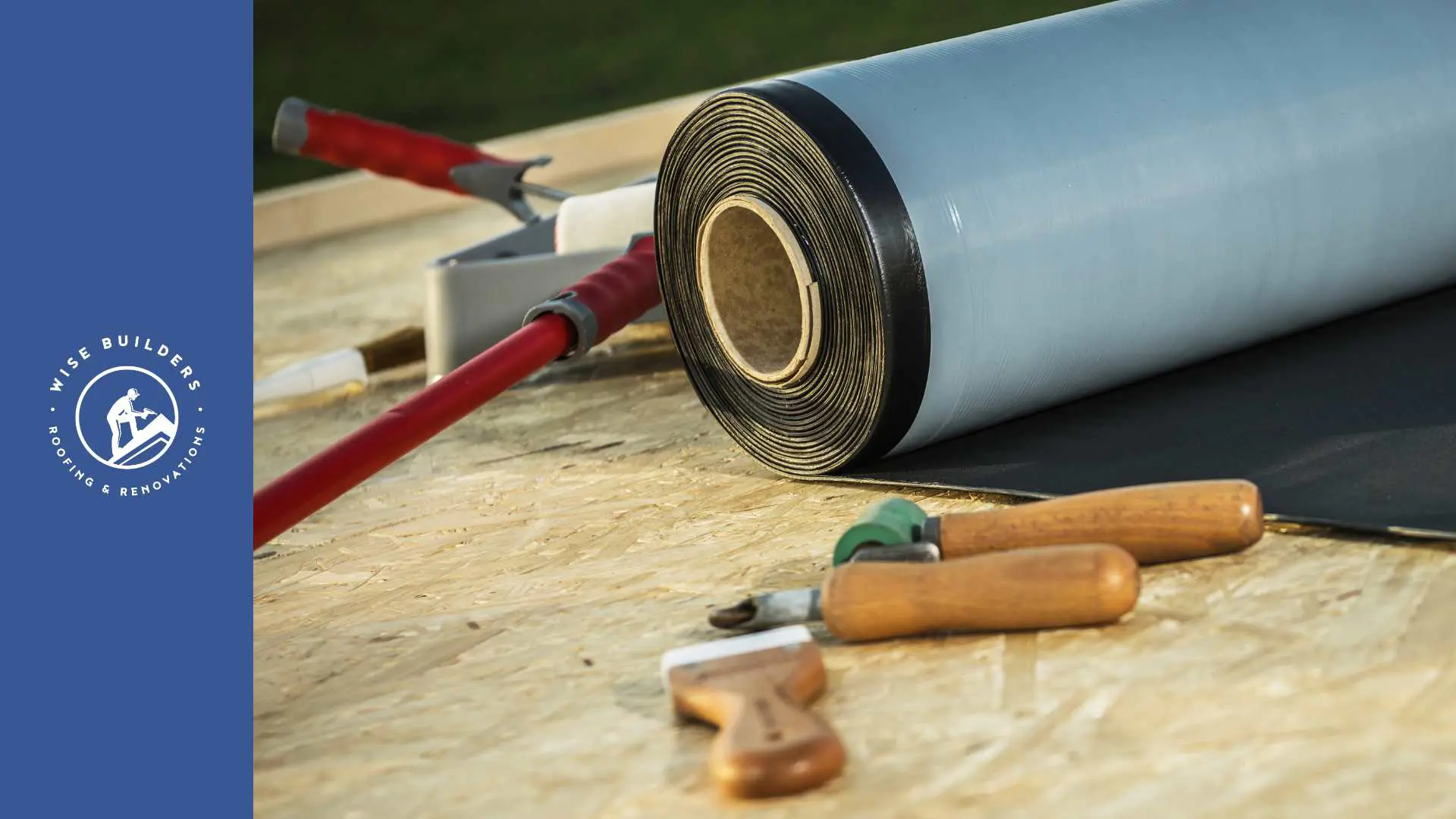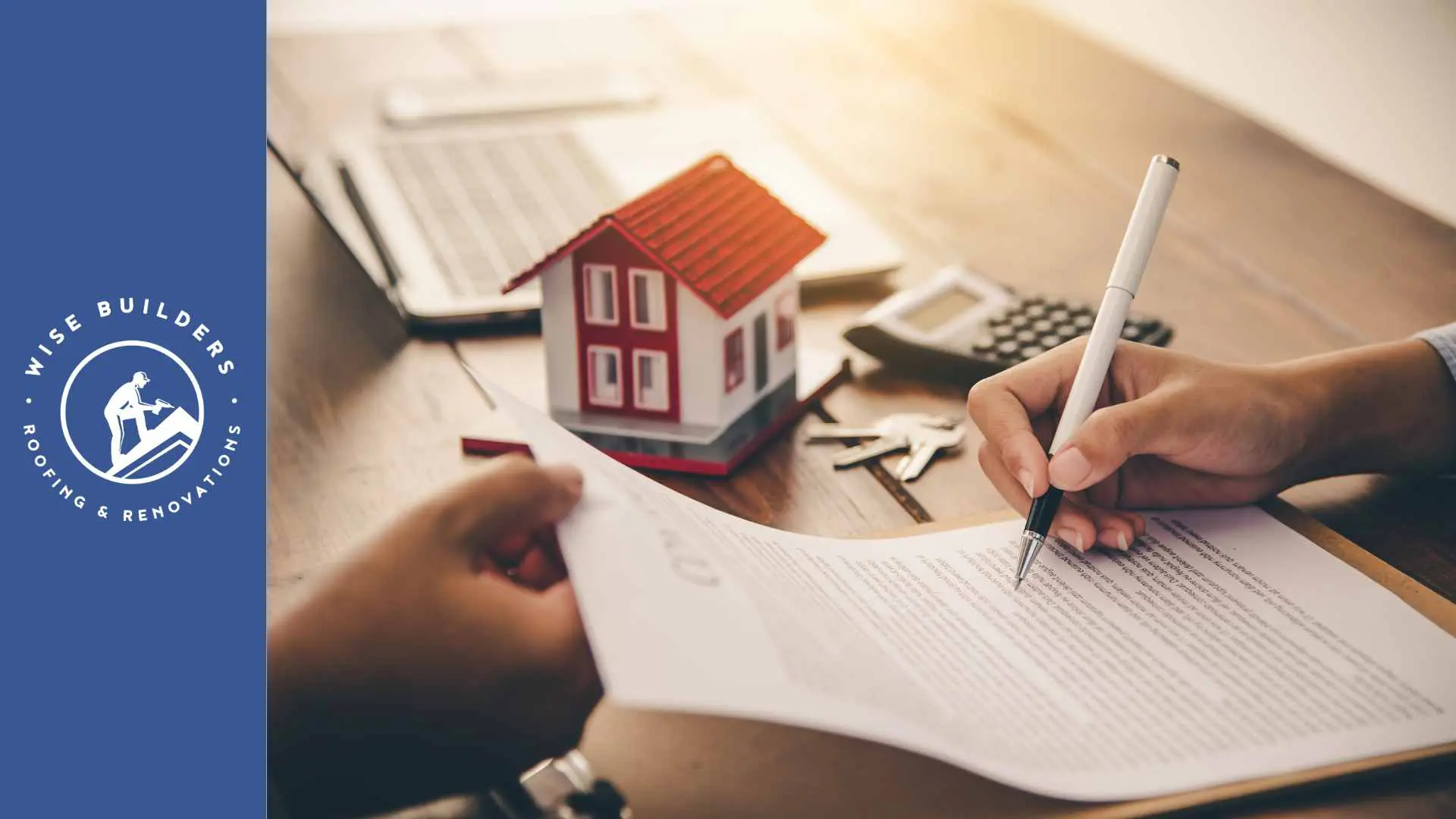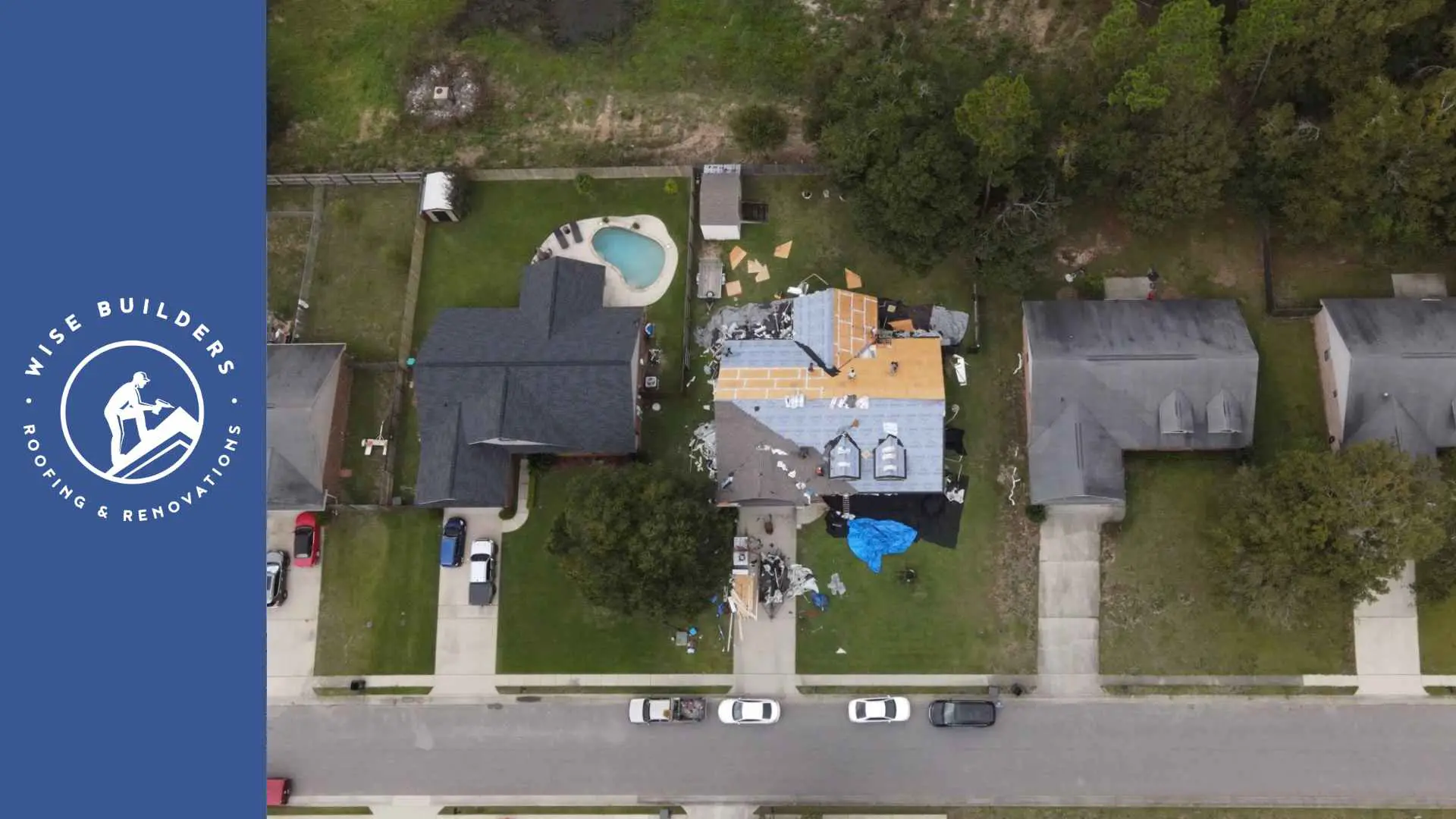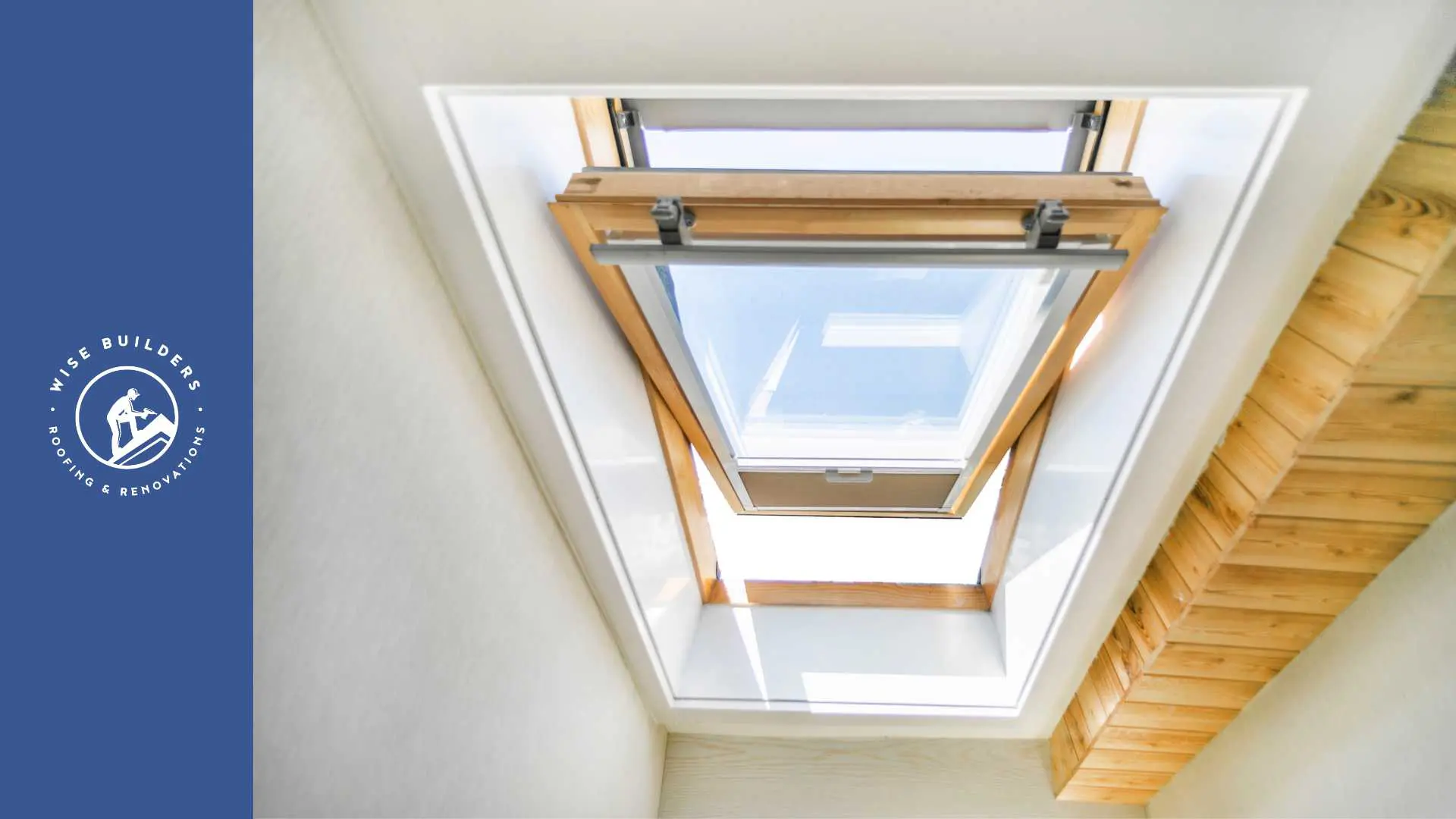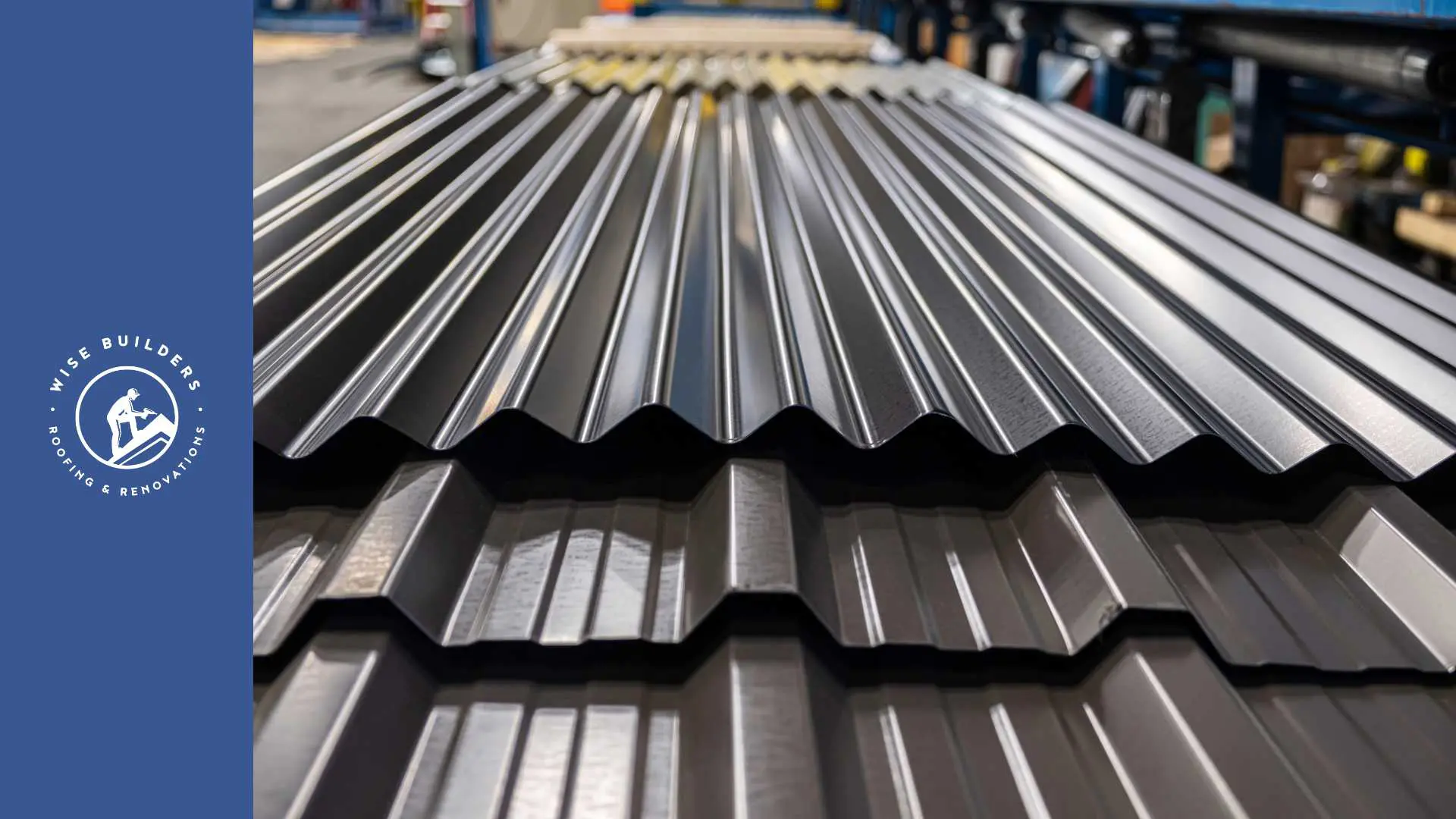Key Highlights
- Assessing your roof’s suitability for solar panels is crucial for a successful and safe installation.
- Factors like age, material, integrity, and weight capacity play a vital role in determining your roof’s compatibility.
- Professional inspections are essential to identify potential issues and ensure your roof can handle the solar system’s weight.
- Understanding your area’s snow load and environmental factors is vital for long-term performance and safety.
- Proper planning and professional guidance can help you determine if your roof is ready for solar panel installation and maximize the benefits of solar energy.
Introduction
As more people want sustainable energy, solar energy is becoming a popular option for homeowners. Installing solar panels is a better choice than regular power sources. It helps to lower your carbon footprint and may save you money on energy bills. Before you start with solar installation, it is important to check if your roof can support a solar energy system. You should also make sure it meets your energy needs.
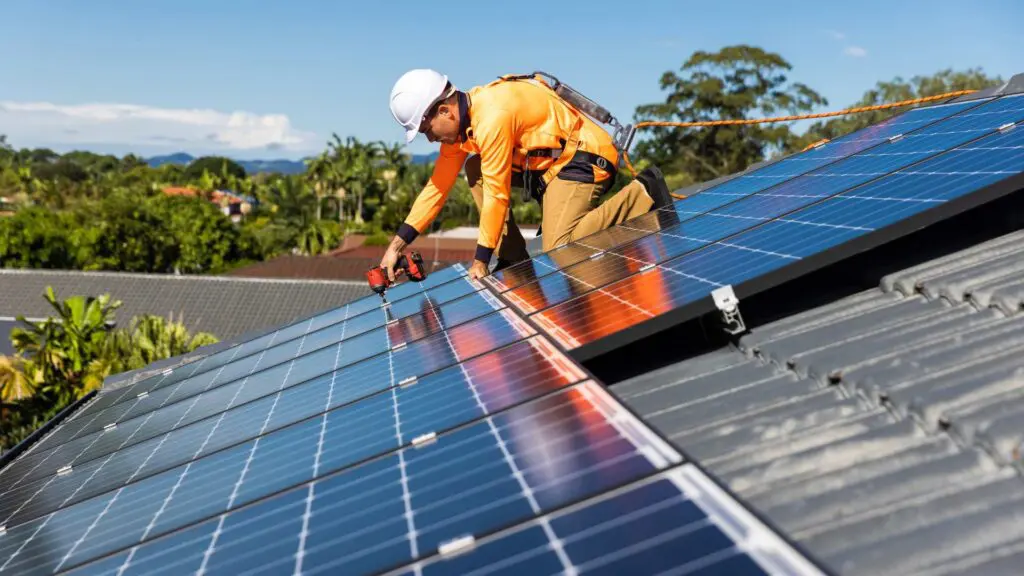
Evaluating Your Roof’s Age and Material for Solar Panel Compatibility
Before you put up solar panels, check if your roof is strong enough. Make sure it is in good enough condition and made with the right materials to hold them. Start by assessing the age of your roof and what it is made of. This will help you know if it can hold your solar system well.
Things like your roof’s age and the type of roofing material really matter. They can affect how long your solar installation lasts, how well it works, and how safe it is. By knowing this, you can make a smart choice about your solar investment.
Why the Age of Your Roof Matters in Solar Installation
A new roof is important for solar panels. It creates a strong base that helps your solar investment last longer and work better. If your roof is old and worn out, putting solar panels on it could cause problems and need expensive repairs later.
Think about getting a new roof before you install solar panels, especially if your roof is close to the end of its warranty. This will create the best conditions for your solar system and avoid future problems with your roof.
Choosing to get a new roof when you install solar panels brings peace of mind for the long term. This way, you have a strong foundation for your solar system. It will help produce energy effectively for many years without you worrying about replacing your roof.
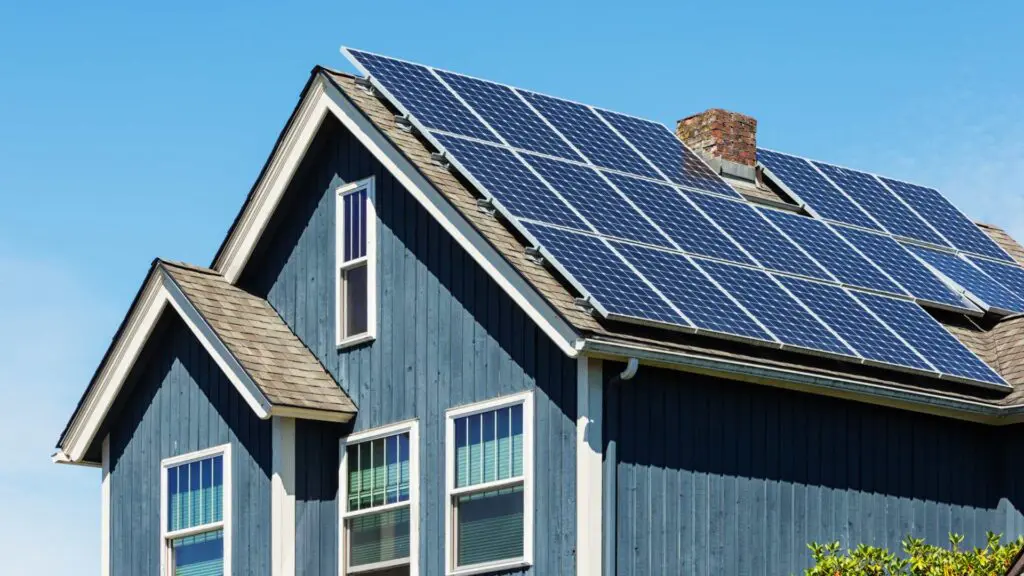
Identifying Roof Materials Suited for Solar Panels
The material you use for your roof is very important when thinking about solar installation. Asphalt shingles are a common choice for homes. They usually work well with solar panel systems and give a strong base to attach the panels.
While asphalt shingles are often a good option, it is important to check the roof structure as a whole. Things like the condition of the rafters, decking, and supports are key to make sure the roof can handle the added weight of the solar panels.
It is a good idea to hire a professional roofing contractor to check your roof structure. This is important if you worry whether your roof can support the weight of a solar system. A skilled expert can find out if your roof is suitable and suggest any needed reinforcements.
Understanding the Importance of Roof Integrity Before Solar Panel Installation
The age of your roof and the materials it’s made of are important. But what’s most important is the overall health of your roof. You need to check the condition of your roof and fix any damage first. This is key for a good and safe solar panel installation.
If you ignore necessary repairs, you could end up with leaks, structural problems, and solar panel issues. Talking to roofing experts can help. They can take care of these issues early, so your roof is ready for a solar energy system.
Assessing Your Roof for Damage and Necessary Repairs
Scheduling a roof inspection by a expert is very important to check if your roof is ready for solar panels. This inspection will find issues like damaged shingles, leaks, or any structural damage that needs fixing before installing solar panels.
A professional inspection makes sure your roof is in good condition. This is important because a strong roof helps keep your solar panel system safe and stable. It also stops any unexpected costs that can come from damage that is not seen.
Fixing any repairs before you put up solar panels protects your investment and helps with a smooth installation. By caring for your roof now, you set a good foundation for your solar panels. This leads to long-term efficiency and peace of mind.
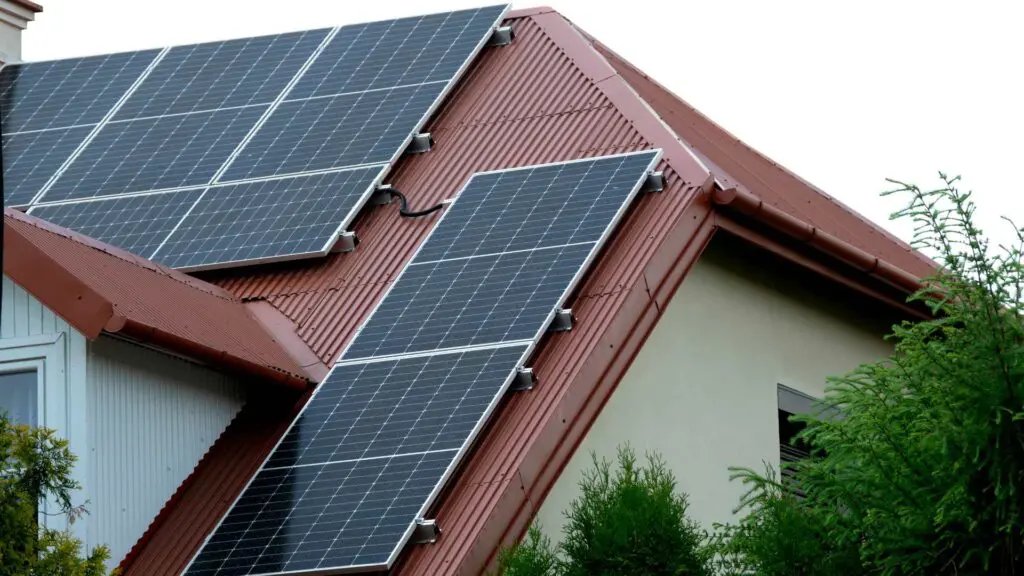
The Role of Professional Inspections in Ensuring Roof Readiness
A professional solar installer will check your roof’s condition carefully. They will see if it is suitable for a solar system. They can spot issues that might affect the installation, like asbestos or the need for extra support. This way, they can make sure the installation is safe and follows the rules.
Getting a professional inspection from a good solar company is very important. This type of company will have trained and certified roof inspectors. They will assess your roof accurately and give you an honest review. Their knowledge helps you make smart choices about your solar investment.
Keep in mind that a professional inspection is an important step for the success of your solar energy system. By finding and fixing possible risks early, you can avoid expensive repairs later on. This also helps your solar panels produce energy better.
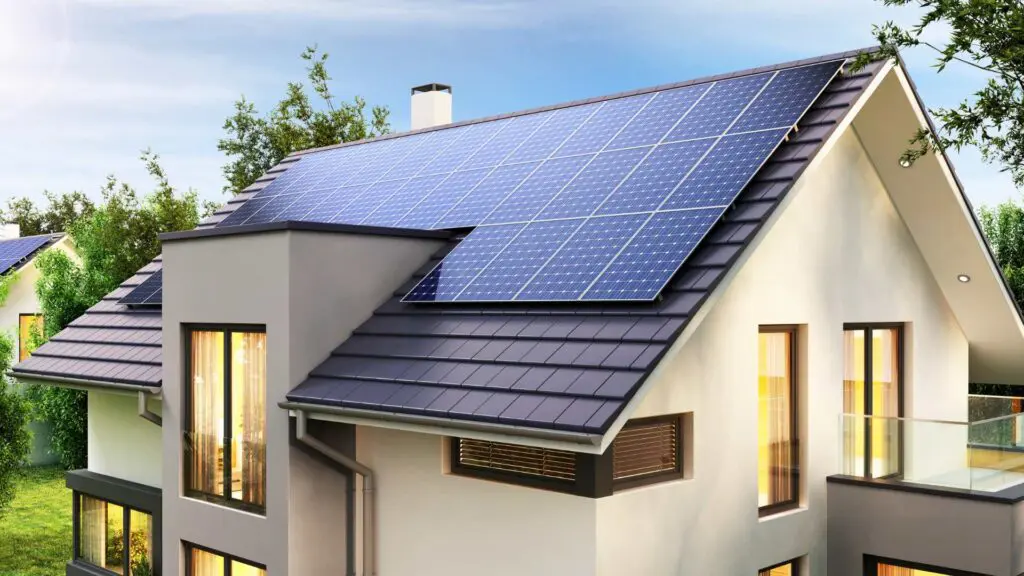
Calculating the Weight Capacity of Your Roof
It’s important to know how much weight your roof can hold when you think about getting solar panels. Solar panels are light, but they still weigh something and will change your roof’s structure.
You need to think about the weight of the solar panels and any extra stress from things like wind and snow. It’s a good idea to talk to a structural engineer for a full check-up. They can help you find out if you need to make your roof stronger.
How to Determine if Your Roof Can Handle the Additional Weight of Solar Panels
Consider the weight of the panels themselves and the added pressure from wind, snow, and other environmental factors. A general guideline is to ensure your roof can handle an additional 2-5 pounds per square foot.
To determine the weight your roof can support, consult your home’s original building plans or contact a qualified structural engineer. These professionals can assess the load capacity and provide recommendations if any modifications or reinforcements are required.
| Factor | Consideration |
| Weight of Solar Panels | Varies depending on the type and size but typically ranges from 3 to 5 pounds per square foot. |
| Snow Load | Consult local building codes for snow load requirements in your area, as this significantly impacts the roof’s weight-bearing capacity. |
| Wind Uplift | Consider the potential for wind uplift, especially in areas with high winds, as it can create additional stress on the roof structure. |
| Age and Condition of Roof | The existing condition of your roof, including its age and any existing damage, should be considered when evaluating its weight-bearing capacity. |
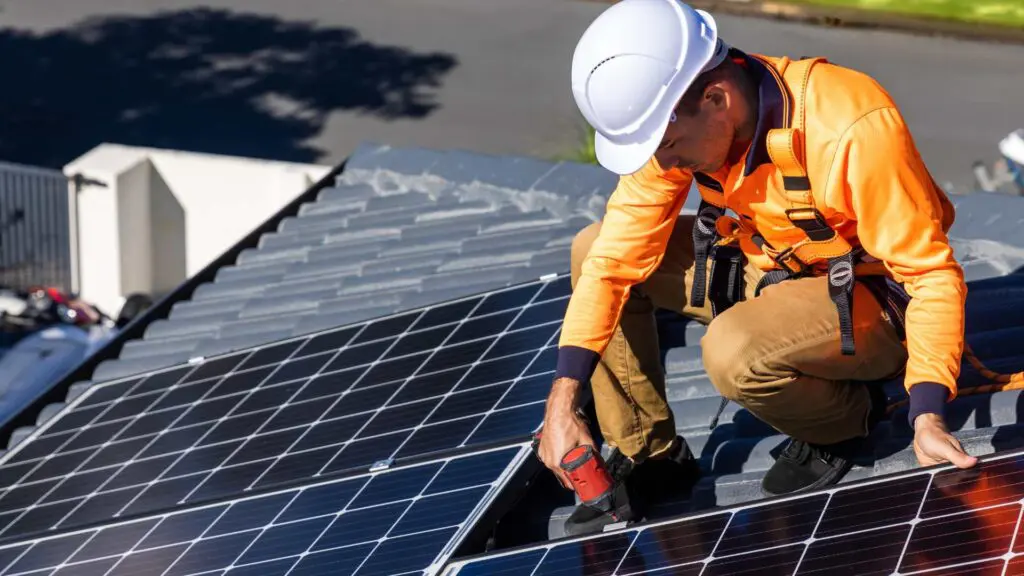
The Significance of Snow Load and Environmental Factors in Roof Assessment
When you look at whether your roof is good for solar panels, think about the climate in your area and how much snow it may hold. Snow can add extra weight to your roof. This added weight can cause stress to the roof structure.
Other environmental factors are important too. In places with strong winds, you need to think about wind uplift. This means that the strong wind can push upward on the solar panels. If your roof isn’t strong enough, this could make the panels come off.
Here are some key environmental factors to think about:
- Snow load: The weight of snow on the roof.
- Wind uplift: The force that winds push up on the panels.
- Seismic activity: How earthquakes can affect the roof structure.
Conclusion
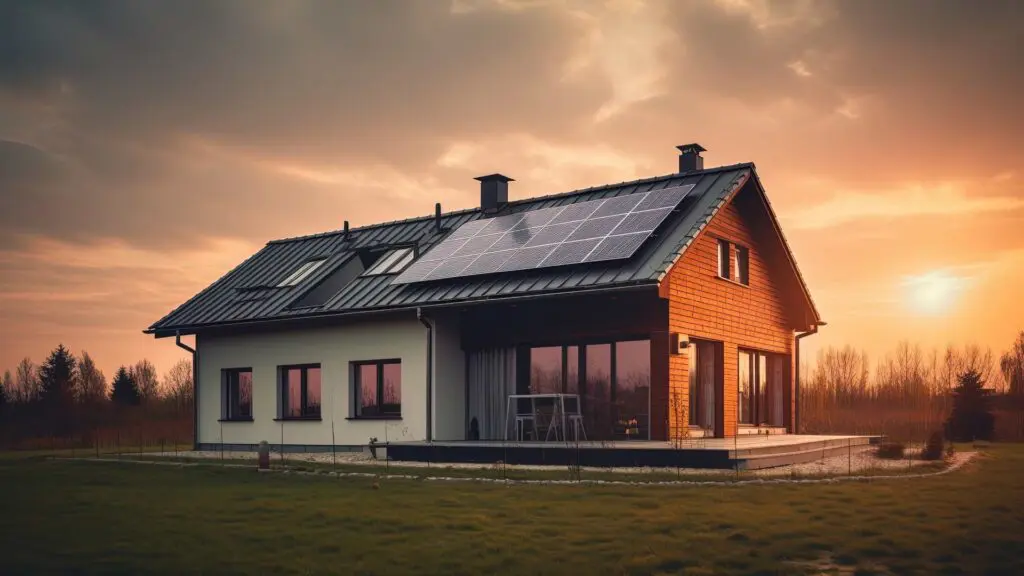
In conclusion, it’s very important to check your roof before putting up solar panels. The age, material, and how much weight it can hold are all important. A professional can inspect the roof to find any needed repairs and check if it is ready for solar panels. Knowing these details will help you make a good choice about solar panel installation. If you are thinking about this green upgrade for your home, get quotes from trusted professionals to help you with the process. Installing solar energy can save you money on energy bills and is also good for the environment in the long run.
Frequently Asked Questions
Can solar panels be installed on any type of roof?
Not all roofs are suitable for putting up solar panels. Some things that matter are the roofing material, the slope, and any obstacles like vent pipes. These can affect how well the solar panel installation works. To find out if your roof can support solar technology, it’s a good idea to talk to a qualified solar installer. They can help you figure out the best way to install solar panels on your specific roof type.
How does the age of my roof impact the decision to install solar panels?
If your roof is getting old or is close to the end of its warranty, you should think about getting a new roof before installing solar panels. Putting solar panels on an old roof can cause problems later on. You might have to spend more money on roof repairs or replacements, which could raise your energy bills.
What factors determine if a roof can support solar panels?
Factors such as roof orientation, pitch, shading, and structural integrity play a crucial role in determining if a roof can support solar panels. A professional assessment will consider these factors to ensure your roof is suitable for solar panel installation.
Want a free roof inspection from a roofer in Mobile Al? Contact Wise Builders Roofing and Renovations we have built hundreds of fortified roofs. We are highly rated by the Better Business Bureau and Nextdoor and we have 5 stars on, Google, Trust Index and Facebook.
Follow our social accounts: YouTube, Twitter, Instagram


